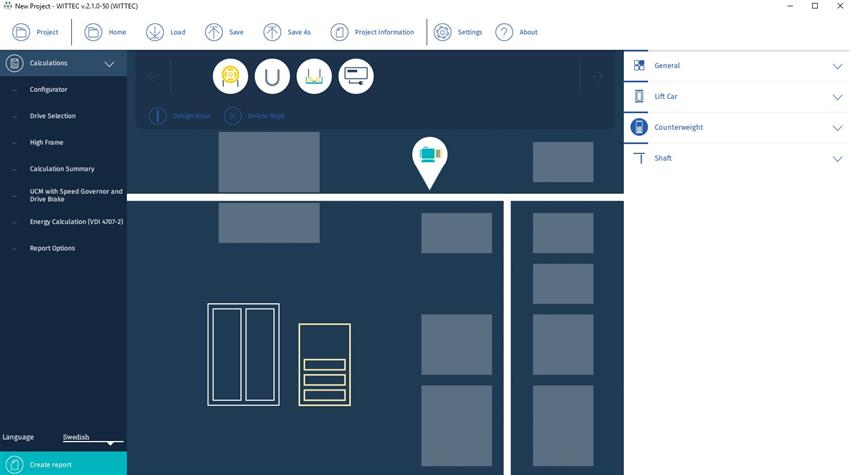Affordable WITtec
Enhancing Industrial Sewage Management: A In depth Examination of Technical Teaching Meetings  Industrial sewage management plays the crucial role inside environmental sustainability in addition to regulatory compliance regarding various industries. Technological training conferences committed to this field act as invaluable platforms for professionals to exchange knowledge, explore revolutionary solutions, and address challenges in sewage treatment. The written content of this article highlights the relevance of such conventions and emphasizes their role in improving industrial wastewater management practices. However, additionally, it warrants a crucial examination to assure clarity, accuracy, and even effectiveness in promoting information. Firstly, let's address the language used. The phrase “wastewater industrial technological training conference” can easily be simplified in order to “industrial wastewater complex training conference” intended for better readability and even clarity. Next, the content underscores the importance of technical teaching conferences in supplying insights into regulating compliance, innovative technologies, and best methods. While these factors are necessary, providing special examples or situation studies could improve understanding and employ readers better. Moreover, the article brings up the diverse viewers of these meetings, including professionals, designers, researchers, and policymakers. However , it may benefit from evolving on how every group contributes to the discourse upon industrial wastewater administration and what unique perspectives they bring to the table. Additionally, the text message discusses the topics typically covered within such conferences, such as treatment processes, environmental sustainability, and industry trends. While these topics are relevant, incorporating recent advancements or growing challenges in professional wastewater management could provide a more comprehensive outlook. Moreover, the article highlights typically the value of social networking opportunities and usage of exhibitors at these types of conferences. Expanding around the potential benefits of networking, such since fostering collaborations and sharing practical experience, could further emphasize the significance of these events. Lastly, this article underscores the value of compliance together with building codes and even construction principles throughout wastewater treatment structure. While this is important, discussing the function of technological enhancements, for example automation and even artificial intelligence, in optimizing wastewater therapy processes could give a forward-looking perspective. In conclusion, as the article effectively sets out the importance regarding industrial wastewater tech training conferences, boosting clarity, providing particular examples, and exploring emerging trends may further enrich the particular content and engage readers more efficiently. By continuously improving Indiana Industrial Operators Association plus incorporating diverse perspectives, we can ensure that professionals throughout the field will be equipped with the ability and insights necessary to address the innovating challenges of professional wastewater management.
Industrial sewage management plays the crucial role inside environmental sustainability in addition to regulatory compliance regarding various industries. Technological training conferences committed to this field act as invaluable platforms for professionals to exchange knowledge, explore revolutionary solutions, and address challenges in sewage treatment. The written content of this article highlights the relevance of such conventions and emphasizes their role in improving industrial wastewater management practices. However, additionally, it warrants a crucial examination to assure clarity, accuracy, and even effectiveness in promoting information. Firstly, let's address the language used. The phrase “wastewater industrial technological training conference” can easily be simplified in order to “industrial wastewater complex training conference” intended for better readability and even clarity. Next, the content underscores the importance of technical teaching conferences in supplying insights into regulating compliance, innovative technologies, and best methods. While these factors are necessary, providing special examples or situation studies could improve understanding and employ readers better. Moreover, the article brings up the diverse viewers of these meetings, including professionals, designers, researchers, and policymakers. However , it may benefit from evolving on how every group contributes to the discourse upon industrial wastewater administration and what unique perspectives they bring to the table. Additionally, the text message discusses the topics typically covered within such conferences, such as treatment processes, environmental sustainability, and industry trends. While these topics are relevant, incorporating recent advancements or growing challenges in professional wastewater management could provide a more comprehensive outlook. Moreover, the article highlights typically the value of social networking opportunities and usage of exhibitors at these types of conferences. Expanding around the potential benefits of networking, such since fostering collaborations and sharing practical experience, could further emphasize the significance of these events. Lastly, this article underscores the value of compliance together with building codes and even construction principles throughout wastewater treatment structure. While this is important, discussing the function of technological enhancements, for example automation and even artificial intelligence, in optimizing wastewater therapy processes could give a forward-looking perspective. In conclusion, as the article effectively sets out the importance regarding industrial wastewater tech training conferences, boosting clarity, providing particular examples, and exploring emerging trends may further enrich the particular content and engage readers more efficiently. By continuously improving Indiana Industrial Operators Association plus incorporating diverse perspectives, we can ensure that professionals throughout the field will be equipped with the ability and insights necessary to address the innovating challenges of professional wastewater management.